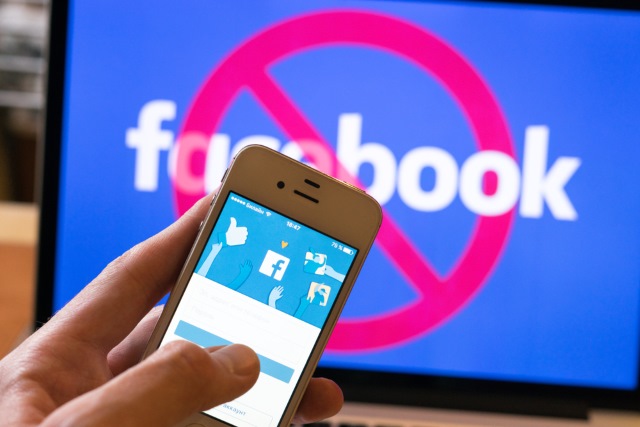
Facebook publishes its internal Community Standards guidelines and introduces appeals process
Facebook faces lots of criticisms and questions, and while much of this is focused on privacy and security, there are also lots of queries about what is permitted on the platform. To help users to understand what's allowed and what's not, the company has published its Community Standards for everyone to read.
As well as making it clear exactly what sort of content is likely to attract the attention of censors, Facebook is also introducing a new appeals process, giving people the ability to fight back if their content is removed.
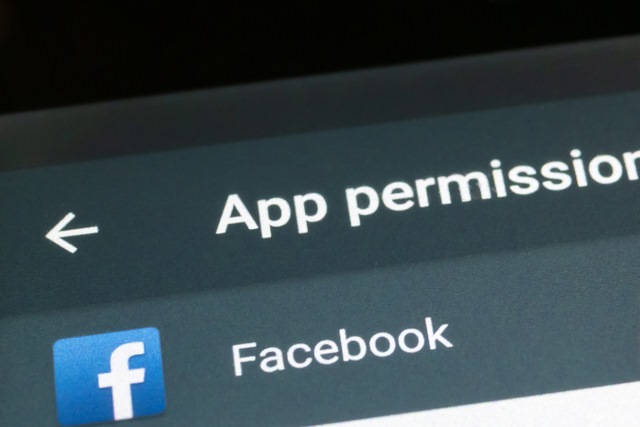
What information do Facebook advertisers know about me?
This is the question Facebook poses and (sort-of-but-not-really) answers in the latest addition to its Hard Questions series. It's the social network's latest attempt to claw back some respect and trust from its users in the wake of the Cambridge Analytica privacy scandal, and it sees the company insisting that "you are not the product".
Whether this is believed or not is neither here nor there. That the company is now having to go to such extraordinary lengths to appear transparent, to try to prove that nothing untoward is going on, is simply indicative of the massive level of suspicion leveled at Facebook.
Martin Lewis suing Facebook over fake ads
We reported just over a week ago that fake ads promoting cryptocurrency scams were using the names of leading UK business figures.
Now one of those whose names has been featured, consumer advice expert Martin Lewis, is suing Facebook for defamation over the use of his face and name.
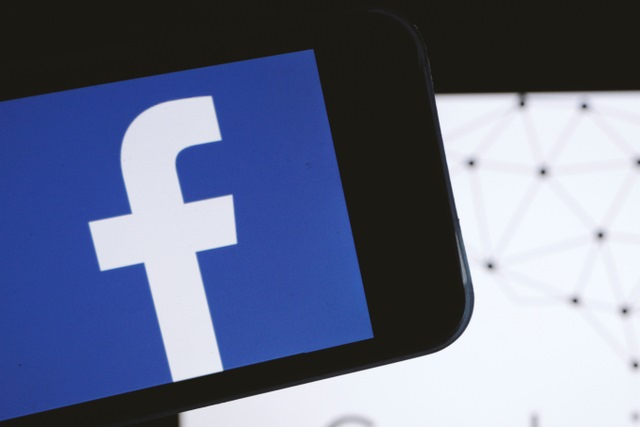
Facebook sneakily shifts data of 1.5 billion users away from Europe and GDPR
Following the Cambridge Analytica scandal, the spotlight of privacy has been firmly on Facebook. The social network has made numerous promises about offering greater privacy controls to users, and after fears that Europe would end up with greater controls because of GDPR, Facebook then revealed similar tools will be rolled out around the world.
Just a few days ago, the company gave a little more information about these new privacy controls, boasting that it will soon be "offering new privacy protections to everyone, no matter where you live". Sounds great. But it's not -- strictly speaking -- true. And Facebook is being very sneaky once again.

It looks like Facebook is preparing to build its own AI chips
Facebook appears to be looking to design and build its own processors at some point in the future. The social networking giant has posted a job listing on its corporate website looking for a manager to help build an "end-to-end SoC/ASIC, firmware and driver development organization".
The move would see Facebook doing what Apple and Google have started to do in recent years, moving design and production in-house to reduce reliance on the likes of Intel and Qualcomm. While little is known about how its own processors would be used, it is likely that they would feature in future Oculus hardware and smart speakers.
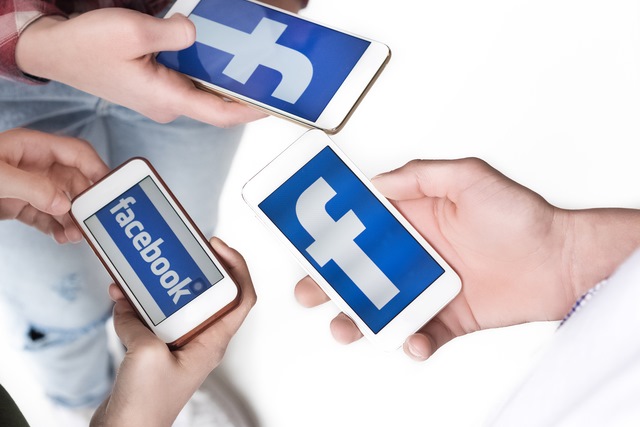
Facebook reveals new privacy controls for users around the world
Facebook has been hit with renewed criticism of its privacy policies in recent weeks in the wake of the Cambridge Analytica scandal. Having promised to give users more control over their privacy settings -- and after already introducing some tools to this end -- the social network has now revealed how it will comply with General Data Protection Regulation (GDPR) in Europe and bring new "privacy protection" to users around the world.
With the impending arrival of GDPR, it had previously been thought that European Facebook users would have greater privacy controls than those in other parts of the world. But the company then revealed that GDPR-style privacy controls would actually be made available to everyone. Today, Facebook makes good on that promise, starting the rollout of new privacy settings in Europe and then around the globe.
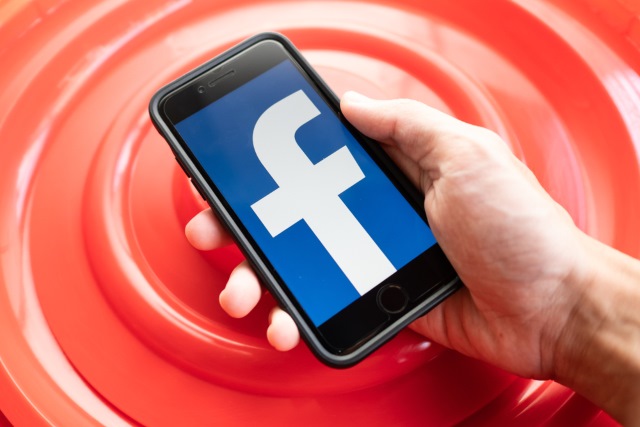
Facebook: Yep, we track non-users -- but everyone else is doing it, so why shouldn't we?
In a blog post addressing some of the questions Mark Zuckerberg failed to properly answer in front of Congress, Facebook has admitted that it tracks both users and non-users as they use the web. This is something the social network has historically denied.
Facebook's product management director, David Baser, conceded that "when you visit a site or app that uses our services, we receive information even if you're logged out or don't have a Facebook account." Not happy to make this concession without pointing fingers, he then goes on to point out that other companies such as Twitter, Pinterest and LinkedIn behave similarly.
Facebook Messenger issues a privacy review reminder to users
If you're a user of Facebook Messenger and you're in Europe, you may well notice a message popping up suggesting that you check your privacy settings. The reminder comes ahead of the new GDPR laws which come into force next month.
The message tells Messenger users to check their privacy settings by May 25. The date is significant, as this is when GDPR kicks in. While the laws apply to Europe, Facebook has already indicated that it will comply with them around the world.
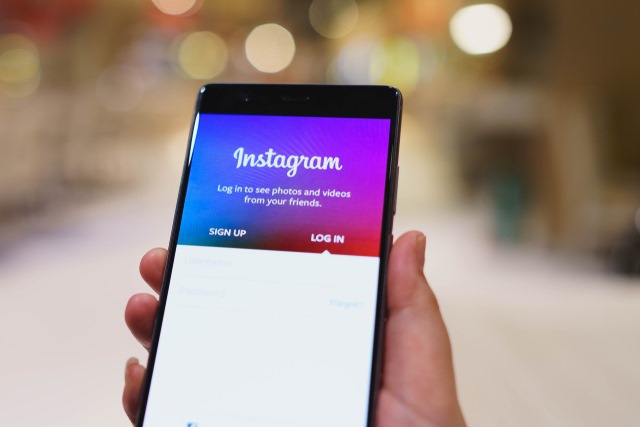
Soon you will be able to download your Instagram data
The recent privacy scandal involving Cambridge Analytica and Facebook data has focused attention on personal data on social networks. With the impending arrival of GDPR in Europe and the requirement for data portability, Facebook-owned Instagram is planning to make it possible for users to download all of their data.
With Zuckerberg facing questions in Congress about Facebook's competition, the timing of this revelation is interesting. With the ability to easily download the content of their Instagram accounts, users will be able to more easily move to alternative services.
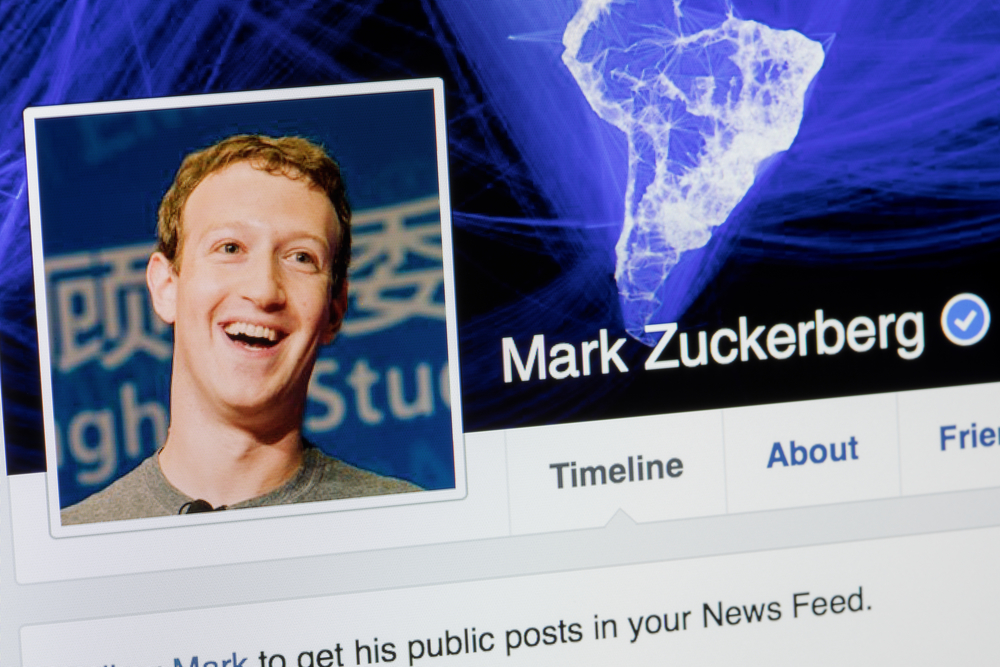
Zuckerberg Senate testimony shows politicians don't understand Facebook
Dressed in a dark suit and looking pale-faced, Facebook chief Mark Zuckerberg was clearly expecting a tough grilling before the Senate committee.
In fact he was largely let off the hook, facing a series of questions that mainly served to expose politicians' lack of understanding of the social network's technology.

Facebook launches Data Abuse Bounty with rewards of up to $40,000
With at least 87 million Facebook users affected by the data abuse by Cambridge Analytica, the social network is now on a mission to clean up its image. After rolling out tools, issuing notifications, and testifying in front of Congress, Facebook is launching a new bounty program that rewards people who report instances of data abuse.
The Data Abuse Bounty is a new program that offers from $500 to $40,000, and it aims to clamp down on the misuse of data by app developers. Launched just before Mark Zuckerberg's testimonies this week, it's a clear attempt by Facebook to curry favor.
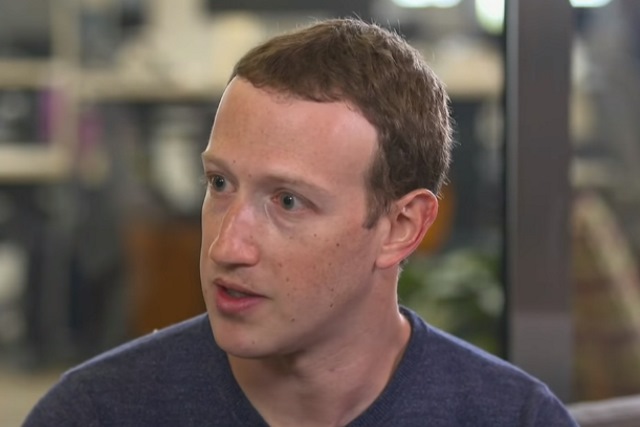
LIVE: Watch Mark Zuckerberg testify before Senate about Facebook privacy at 2:15PM ET
After keeping something of a low profile for a while, Mark Zuckerberg has eventually started to address the Cambridge Analytica scandal. He was asked to testify before Congressional committees, and ultimately agreed to do so. Today is the first of two appearances he will make this week.
At 2:15PM ET, Zuckerberg will speak about Facebook user data and privacy in front of the Senate Commerce, Science and Transportation Committee and the Senate Committee on the Judiciary at the "Facebook, Social Media Privacy, and the Use and Abuse of Data" hearing. You can watch his testimony right here.
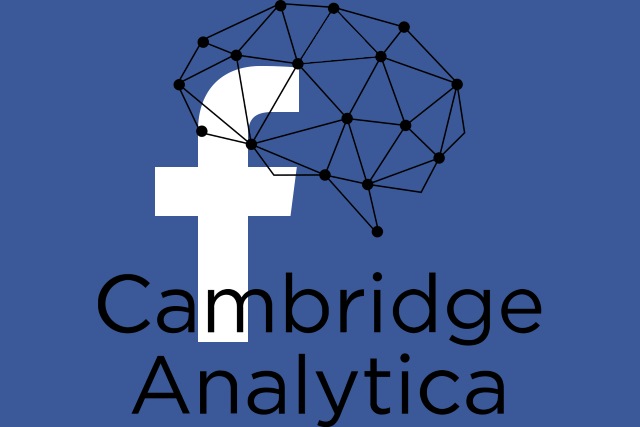
How to check if your Facebook data was shared with Cambridge Analytica
The Cambridge Analytica data scandal has rocked Facebook, and users have been left wondering whether or not their personal data was involved. The social network said that it would be notifying people if they had been affected, but it is also possible to manually check.
Facebook has set up a help page that can be used to determine whether your personal data was shared with Cambridge Analytica, and you can check this if you have not yet seen a notification in your news feed.
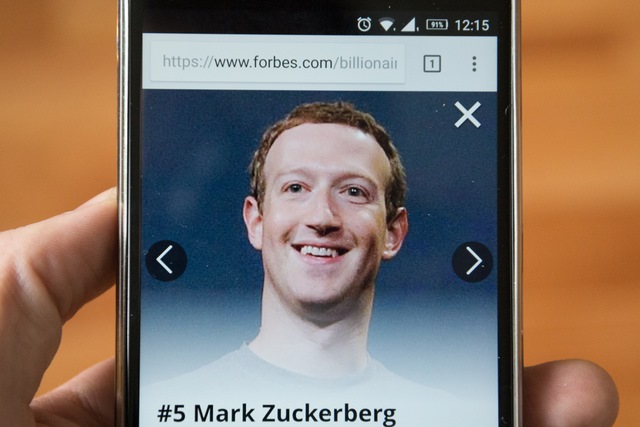
Congress releases Mark Zuckerberg's prepared testimony ahead of Wednesday's hearing
Facebook CEO Mark Zuckerberg is due to testify before Congress on Wednesday, and ahead of this the House Energy and Commerce Committee has released his prepared statement. He talks about the Cambridge Analytica data scandal as well as Russian interference in elections.
In the statement, Zuckerberg acknowledges that Facebook did not do enough to prevent the misuse of the social network's tools. He also personally accepts responsibility for recent failings at the company, saying: "It was my mistake, and I'm sorry. I started Facebook, I run it, and I'm responsible for what happens here."

Today Facebook will notify 87 million users that their data was the subject of data breach
Initially thought to affect 50 million accounts, it later transpired that as many as 87 million Facebook users were affected by the Cambridge Analytica data harvesting scandal. Today, the social network is due to send a message to those whose data was involved.
While the bulk of affected users -- around 70 million -- live in the US, there are also significant numbers in Europe, Facebook's message is said to be "detailed" and will appear in news feeds at some point today.
